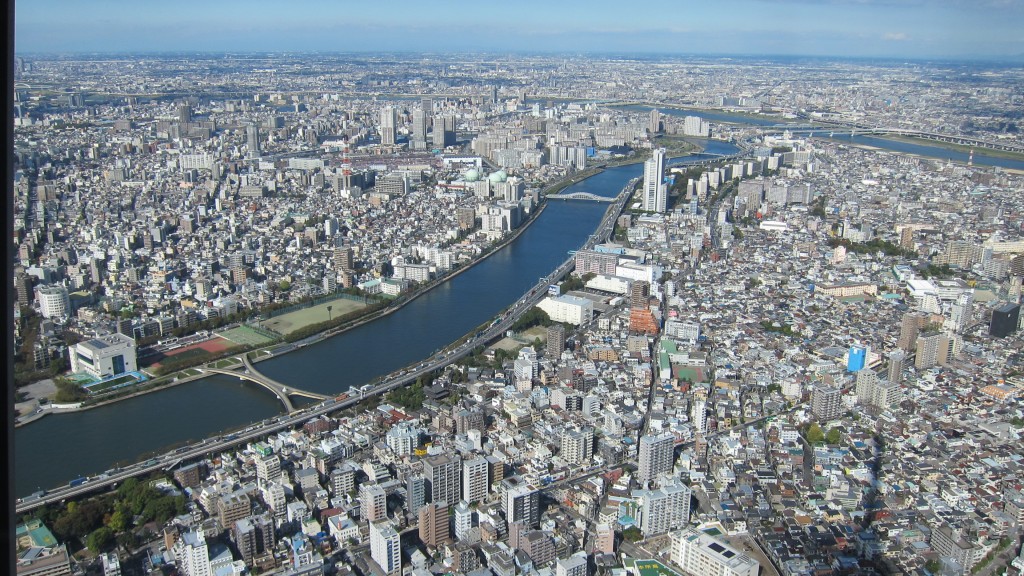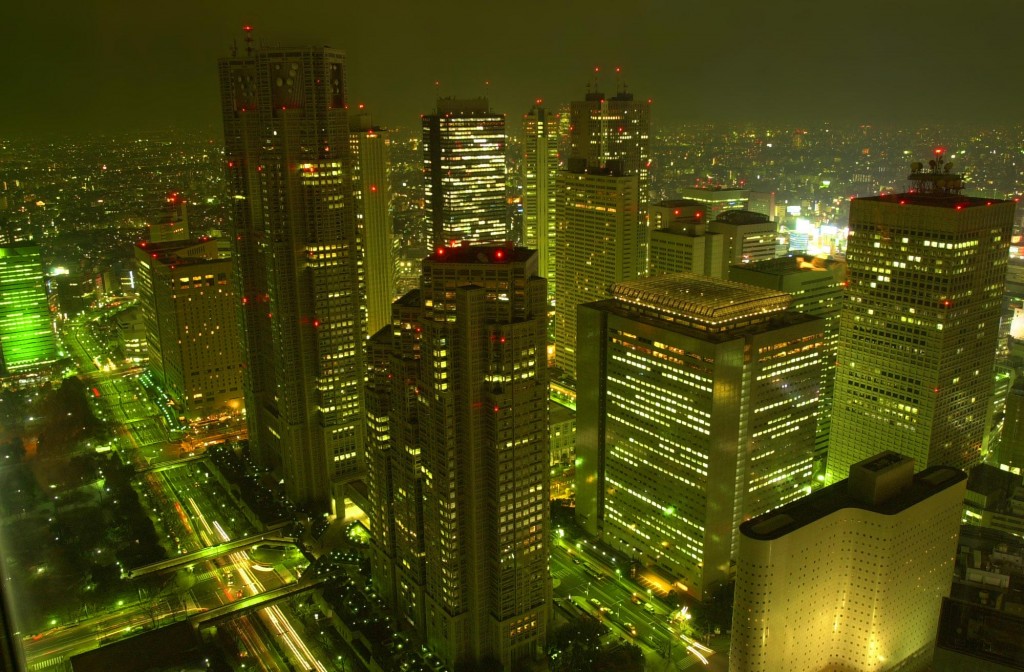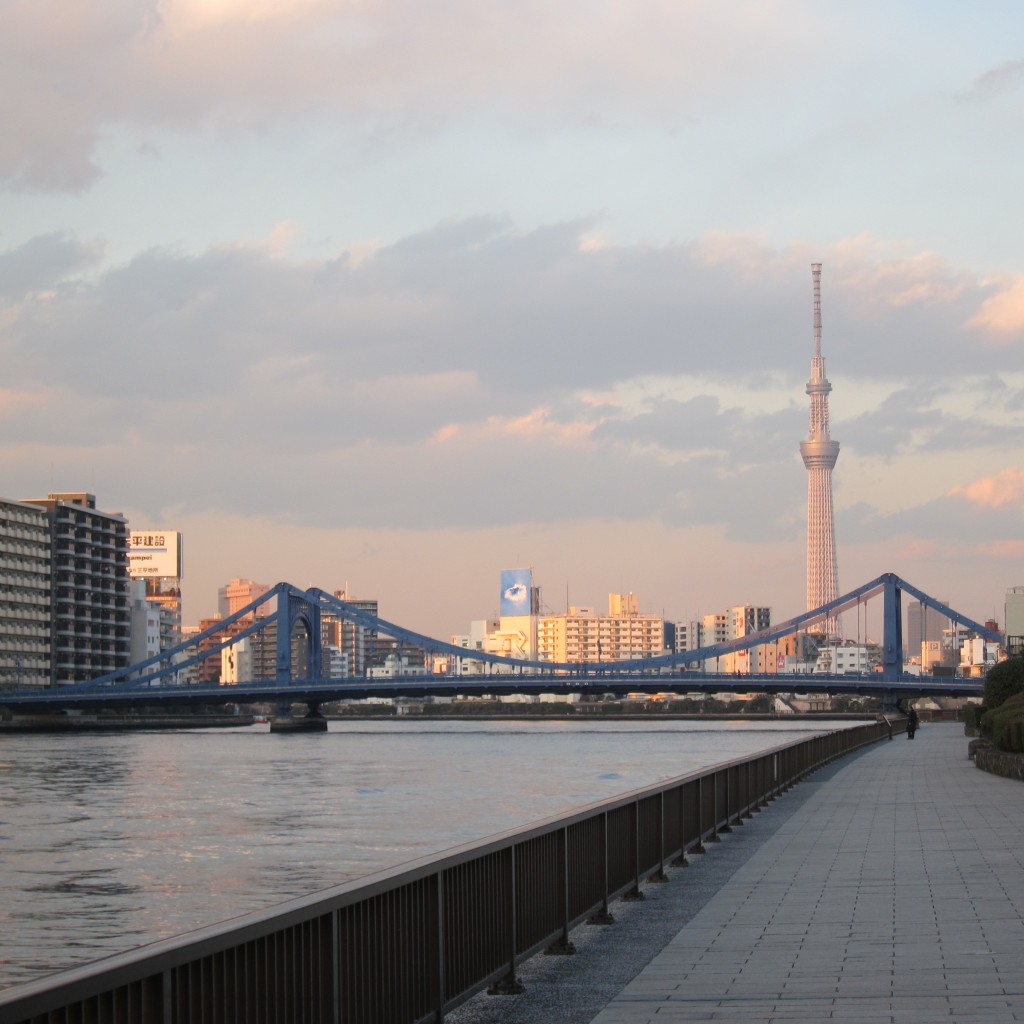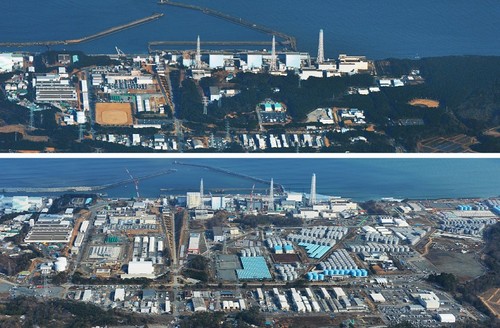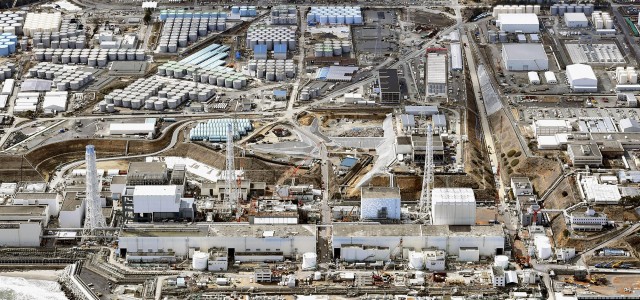
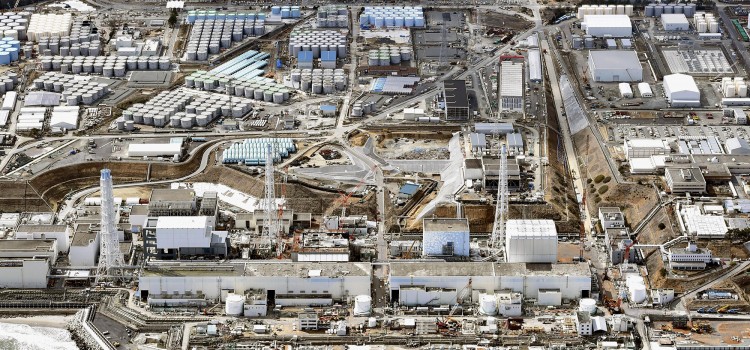

What I remember was the noise. A faint rumbling which quickly became much louder, then louder again. Then the shaking started. This was Tokyo. It was an earthquake, one of dozens perhaps each year, but this time it was different.
Five years ago today, Japan was rocked by the Fukushima Daiichi nuclear disaster and tsunami. It was a major catastrophe seen on TVs around the world. A magnitude 9 earthquake created the tsunami that devastated the coastline in that Tohoku area of Japan and caused the nuclear meltdown. Hundreds of miles away in Tokyo, I can tell you the shocks were also coming through that day in a big way.
I remember a normal Friday afternoon until 2.46 pm when the shaking started. If you’ve lived in Tokyo long enough, you almost become used to earthquakes as blasé as that sounds. Mercifully, many pass without serious incident. Not this time.
As the shaking and noise became more violent, I stood up and went to stand in my office doorway, as you are told to do in earthquake drills. But then it became worse again. Change of tactic, I run outside and stand in our small garden as the commotion continues. It then occurs to me that if the building collapses, I will be crushed so I run back through the house again to the sound of plates and crockery falling and smashing wildly in the kitchen.
I’m now in the road, looking up at our humble Tokyo two up/two down, wondering if this aged structure is really going to survive. After a few minutes of this, at last the shaking stops and I gingerly go back inside.
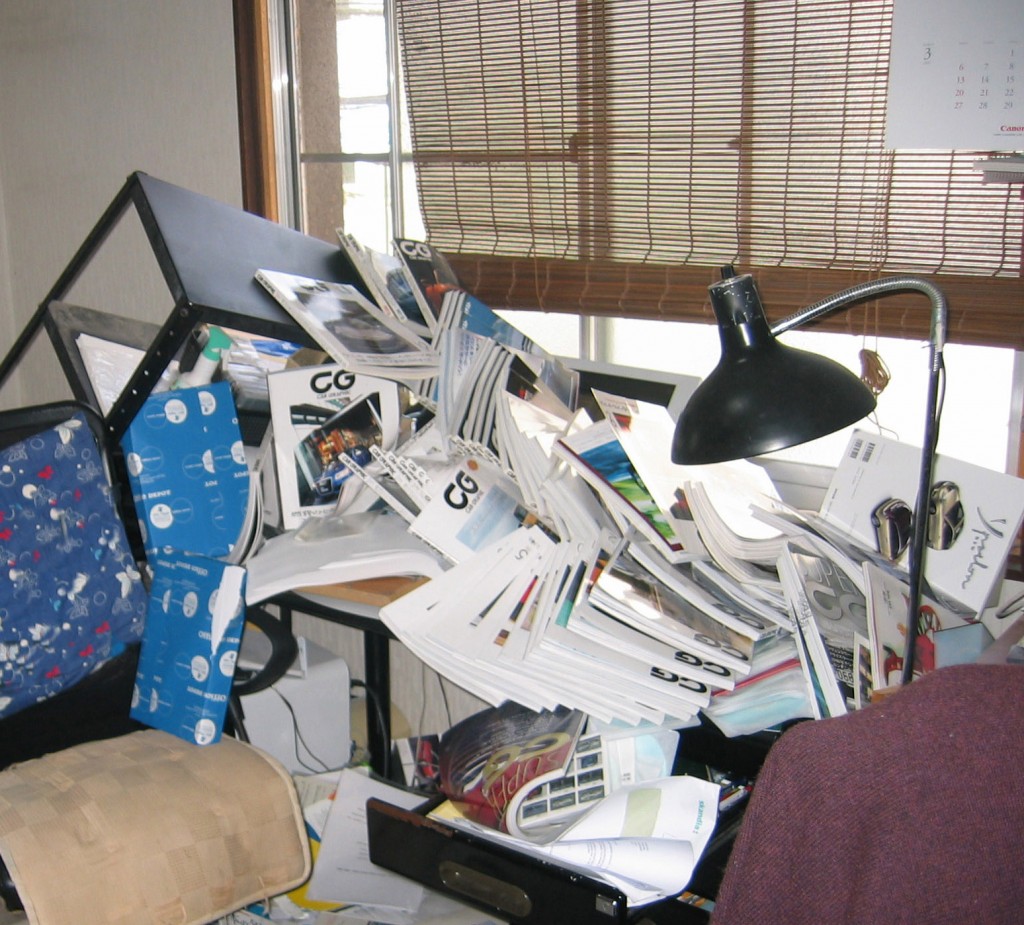 Upstairs, I find my office wrecked, like the aftermath of a Who gig with Keith Moon at the controls. Downstairs, the kitchen is a mass of broken stuff. But we are lucky. No serious damage done and, yes, we survived.
Upstairs, I find my office wrecked, like the aftermath of a Who gig with Keith Moon at the controls. Downstairs, the kitchen is a mass of broken stuff. But we are lucky. No serious damage done and, yes, we survived.
In the aftermath all trains and subways have stopped and the mobile phone network is down. I try to get my car out from our parking tower but the power’s been cut. The roads are quickly jammed solid with cars.
To pick up our son from primary school, my wife and I then cycle for more than a hour through Tokyo each way with all this chaos ongoing. With so many people on the streets, sirens wailing, nobody really knowing what’s happening, shops emptying of food, the atmosphere is unreal. And of course another quake could hit at any time….
Things take a sinister new turn over the weekend with some sources, particularly the French and German embassies, telling citizens to get out of Tokyo fast because a big radioactive cloud is coming. Two of my expat friends drive all the way to Osaka to get a flight, any flight, out of Japan. A phone call from a friend advises me that the authorities are downplaying the seriousness of the whole situation, or even being disingenuous.
Meantime, the Fukushima disaster continues to unfold live on TV with one or more explosions at the power station which only succeeds in driving up anxiety levels still further.
We have the offer to spend a few days in Kyoto so we go for that. The Japanese authorities have now shut down escalators and turned off lights in Tokyo to save power. OK, but it only serves to make the atmosphere in the city even more downbeat and sombre.
We later learn that Prime Minister Kan and his team have drawn up plans to evacuate Tokyo in an absolute worst case scenario. Can you imagine that? All those millions of people, where would they all go? Very, very fortunately, it never came to that.
In the succeeding days, we get a number of really bad aftershocks while the radioactivity issue of course remained front and centre stage. Lots of information and disinformation. What was the reality?
Praise be to Sir John Beddington, Chief Scientific Advisor to the UK Government who, together with a number of nuclear experts in the UK and at the British Embassy, calmly analysed the situation and gave Tokyo the all-clear as far as radiation was concerned. In a wide ranging assessment, Tokyo, they concluded, was too far away to be affected. At last, a voice of authority with some good news.
In Fukushima, it was all very different and a total catastrophe. The Japan Times reports today that the earthquake and tsunami tragedy killed 19,304 people, with 2561 still left unaccounted for. Some 174,000 Tokoku evacuees are still living in temporary accommodation. Those are haunting and humbling numbers indeed.
Over the past five years, I know for a fact that Japan has made far reaching efforts to rebuild the devastated Tohoku area but much still needs to be done. Five years on, the events of Friday, March 11 2011 are still raw and totally shocking.

